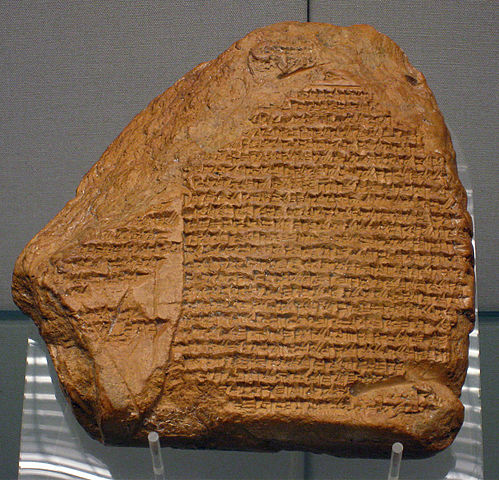ISRAELITE KING OMRI IN ARCHAEOLOGICAL DOCUMENTS

Like many other ancient sacred books upon which religions are based, the Bible has been criticized as being largely a work of fiction and myth. However, many discoveries have proven otherwise. Archaeological documents mentioning Omri, king of Israel, have been discovered, and have added to the growing mountain of evidence favoring the Bible’s authenticity.
“Then the people of Israel were split into two factions; half supporting Tibni son of Ginath for king, and the other half supported Omri. But Omri’s followers proved stronger than those of Tibni son of Ginath. So Tibni died and Omri became king. In the thirty-first year of Asa king of Judah, Omri became king of Israel, and he reigned twelve years, six of them in Tirzah. He bought the hill of Samaria from Shemer for two talents of silver and built a city on the hill, calling it Samaria, after Shemer, the name of the former owner of the hill. But Omri did evil in the eyes of the LORD [Yahweh] and sinned more than all those before him. He followed completely the ways of Jeroboam son of Nebat, committing the same sin Jeroboam had caused Israel to commit, so that they aroused the anger of the LORD [Yahweh], the God of Israel, by their worthless idols. As for the other events of Omri’s reign, what he did and the things he achieved, are they not written in the book of the annals of the kings of Israel? Omri rested with his ancestors and was buried in Samaria. and Ahab his son succeeded him”—1 Kings 16:21-26 NIV

